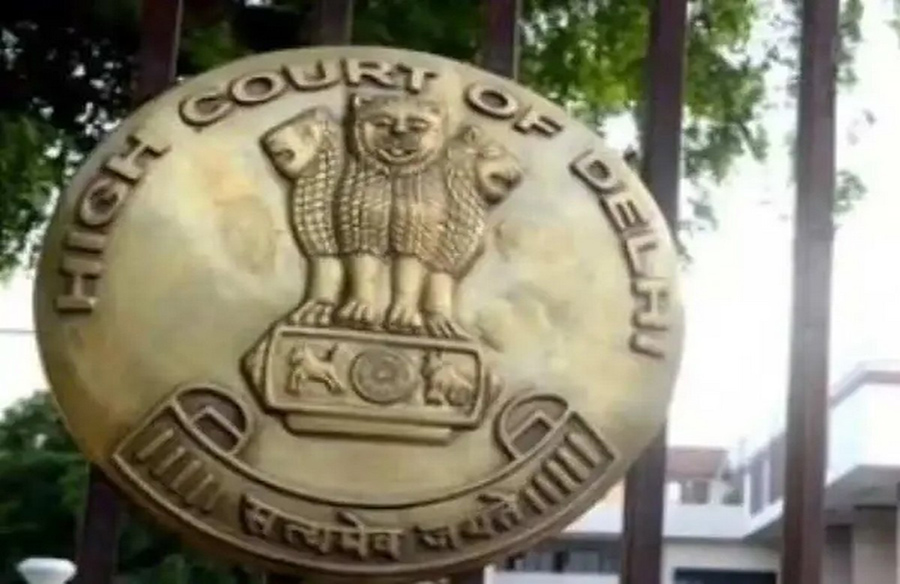The Delhi High Court has taken a firm stance against copyright infringement on Telegram, directing the messaging platform to reveal details about channels and devices used to disseminate copyrighted content. The court’s decision, delivered by Justice Prathiba M. Singh, underscores the importance of upholding intellectual property rights and ensuring accountability for unlawful dissemination of copyrighted material.
Disclosure of User Information
In response to Telegram’s contention that divulging user information would breach its privacy policy and the laws of the jurisdiction where its servers are located, the court emphasized Telegram’s obligation under the Information Technology (IT) Act. Section 79(3)(b) of the Act mandates platforms like Telegram to promptly remove or disable access to unlawful content without compromising evidence integrity.
The court rejected the notion that Telegram’s server location absolves it of responsibility, emphasizing that Indian courts have the authority to compel compliance with Indian laws and directives. Despite Telegram’s servers being situated in Singapore, the court asserted its jurisdiction over copyright disputes and affirmed the need for Telegram to adhere to Indian legal standards.
Upholding Copyright Owners’ Rights
The court’s ruling reaffirms the supremacy of copyright law and the necessity for platforms like Telegram to cooperate in combating infringement. By mandating disclosure of infringers’ details, including mobile numbers, IP addresses, and email IDs, the court aims to empower copyright owners to protect their intellectual property rights effectively.
The order acknowledges the evolving landscape of digital communication and the challenges posed by online messaging platforms in enforcing copyright laws. It stresses the need for legal frameworks to adapt to technological advancements to ensure adequate protection for intellectual property in an increasingly interconnected world.
Conclusion
The Delhi High Court’s directives signal a significant step towards combating copyright infringement in the digital sphere. By compelling Telegram to disclose relevant user information, the court reaffirms its commitment to upholding intellectual property rights and providing recourse for copyright owners. This decision underscores the importance of collaboration between technology companies and legal authorities in safeguarding creativity and innovation in the digital age.
